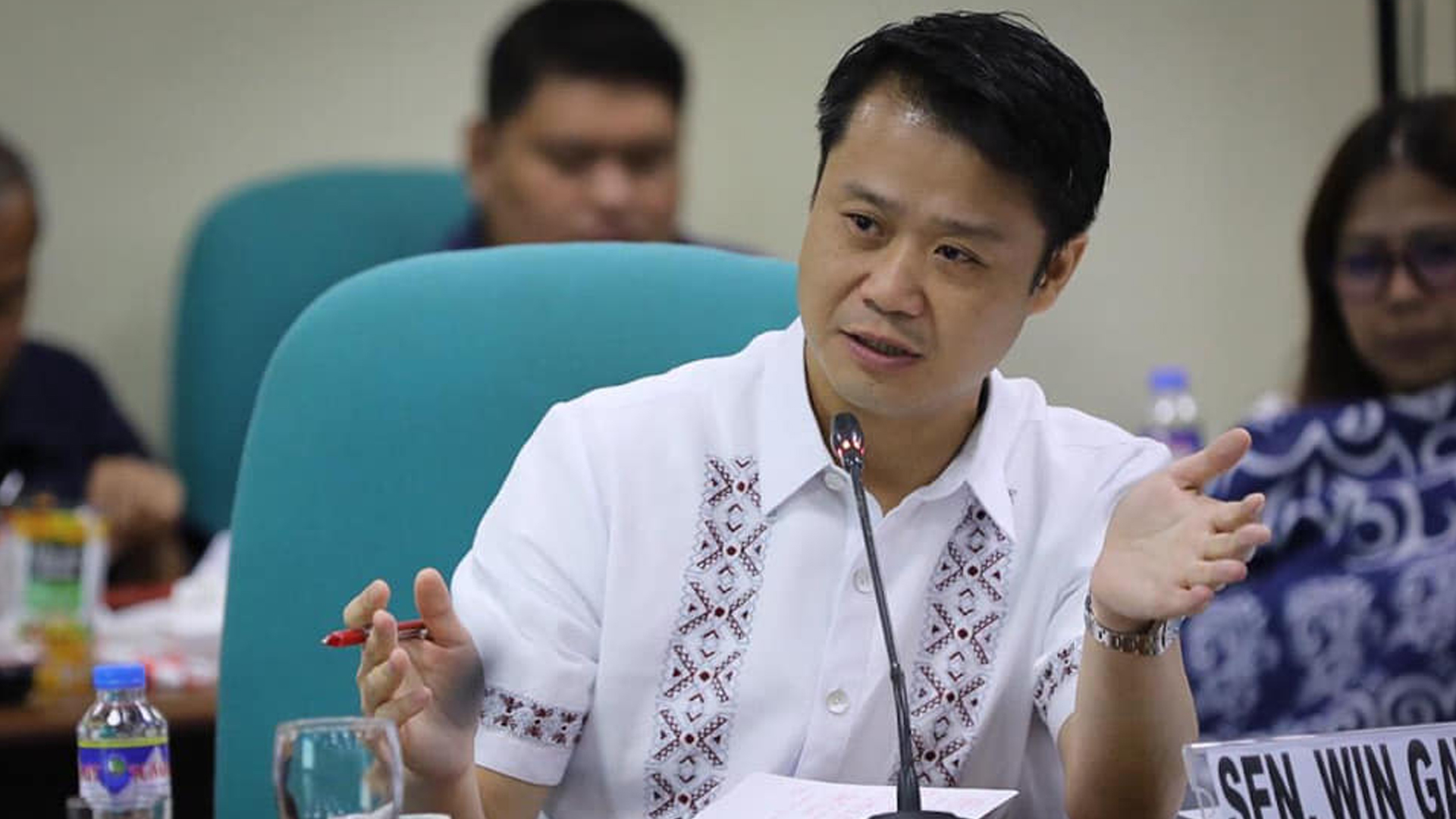While the sagot-for-sale scheme remains prevalent despite being discouraged by the Department of Education (DepEd) and flagged in Senate panel hearings, Senator Win Gatchalian emphasized that DepEd, the Commission on Higher Education (CHED), and academic institutions should step up in probing and curbing various forms of distance cheating.
Under the sagot-for-sale scheme, parents hire others to answer their children’s modules for them. It turned out that some students and parents themselves offer to work on school requirements for P150 up to P500. These requirements include modules, research papers, essays, and even video editing. Students who offer these services receive payments through online banking or virtual wallets.
Customers can hail from junior high school, senior high school, and all the way to college. Those who offer these services on social media use the hashtags #AcademicCommission, #AcademicWriting, and #AcademicService, among others.
Students who accept commissioned academic works say they use what they earn for expenses related to home-based learning. On the other hand, parents who engage in these practices use what they earn to make ends meet.
According to the Chairman of the Senate Committee on Basic Education, Arts and Culture, allowing these practices to prevail will produce students who are not only lacking in competencies but also in integrity.
“Kung hindi natin wawakasan itong sagot for sale at iba pang anyo ng pandaraya sa distance learning, lalong hindi matututo ang mga mag-aaral. At kapag nalusutan nila ito sa unang pagkakataon, uulit-ulitin na nila ang ganitong pandaraya. Dekalidad na edukasyon ang nakasalalay dito,” said Gatchalian.
“Ang layunin natin sa pagpapatuloy ng edukasyon ay matiyak na ang ating mga kabataan ay hindi lamang natututo. Hinuhubog din natin sila para maging matapat, mahusay, at mapagkakatiwalaan,” he added.
Aside from probing these incidents, Gatchalian stressed the importance of capacitating teachers to detect cheating in academic output. He also emphasized the importance of investing in assessment technologies to uphold academic integrity in digital education.


